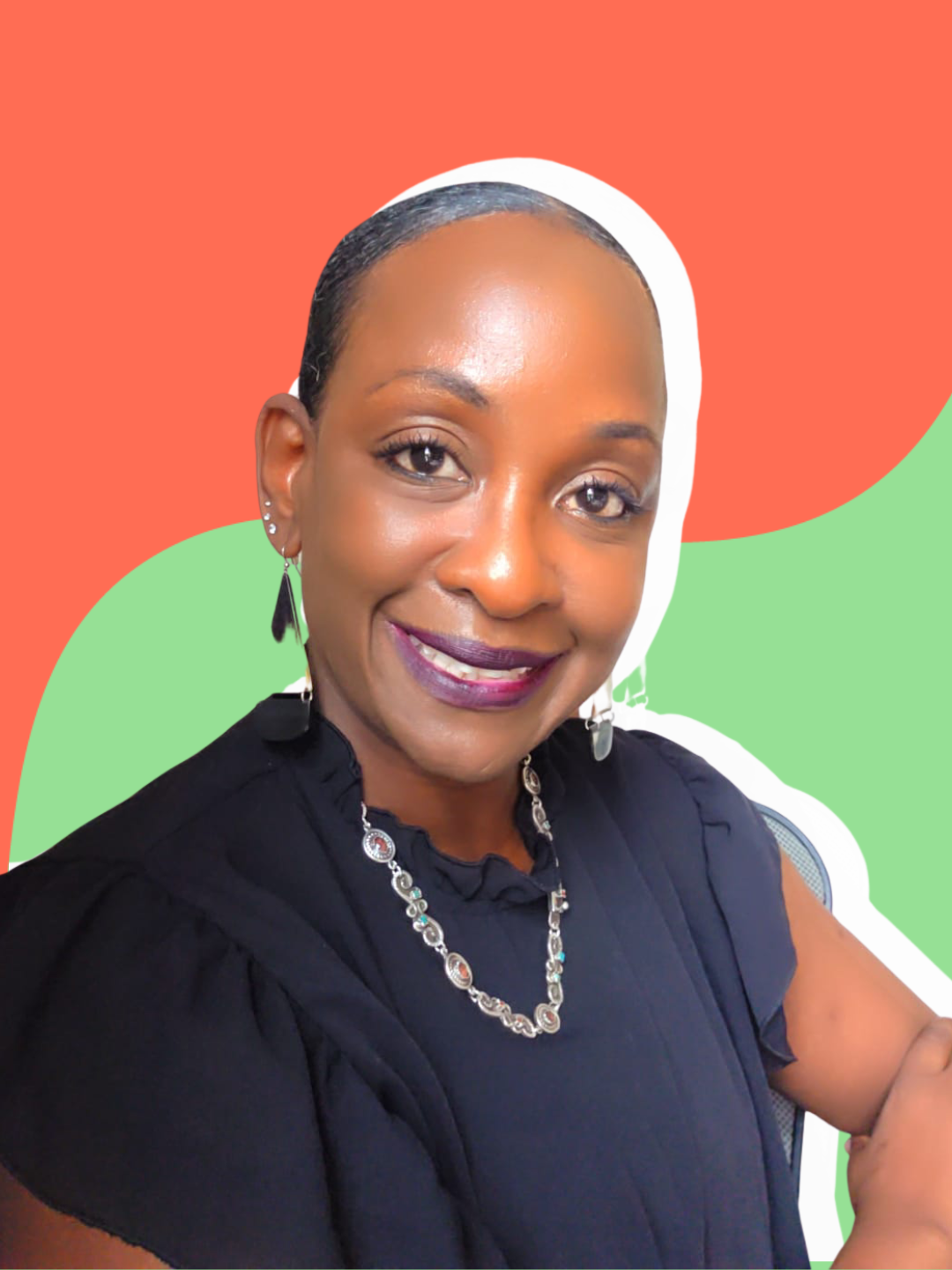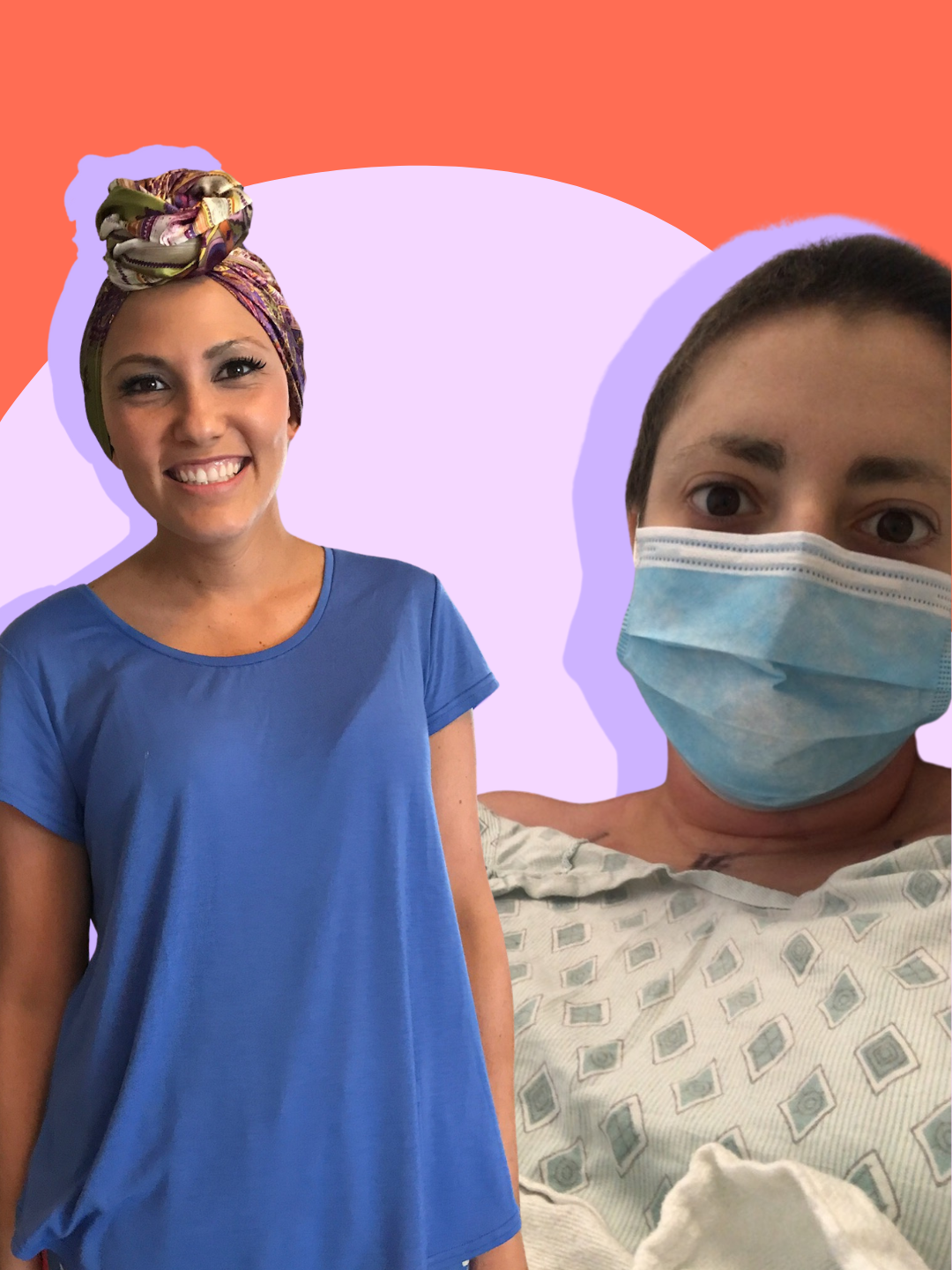Today is National Caregivers Day – an important day to recognize and celebrate the many different experiences of caregiving in the community.
National Caregivers Day was established in 2015 on the third Friday of February by the Providers Association for Home Health & Hospice Agencies (PAHHHA).
We know firsthand that caregivers are traditionally left out of conversations and support spaces. In fact, when The Breasties was founded, it was important to include caregivers or as we like to say "carevivors" in the make up of the community.
The Breasties is the first all-inclusive nonprofit organization that creates community for survivors, previvors, thrivers, and carevivors.
According to a 2016 analysis by the National Alliance for Caregiving, most caregivers for people impacted by cancer, reported experiencing high emotional stress and financial strain.
Research has shown that cancer patients and caregivers influence each other's mental and physical health.
In honor of National Caregivers Day, The Peak editors spoke to The Breasties' Diversity Equity and Inclusion Committee (DEI) about their experiences being a caregiver, receiving caregiving, and their tips for others.
Whether you're receiving caregiving or caregiving for a loved one, here's what the community wants you to know.
RELATED: How to Be the Best Caregiver While Also Taking Care of You
Caregiving for a Parent as a Child
I was 9 years old when my mom was diagnosed with breast cancer. I had to step up in ways I shouldn’t have had to as a child. I was “parentified,” which means I was given responsibilities above my maturity level, and worries too heavy for my psychological development.
Of course, parental cancer impacts all children. But children forced into the caregiver role can experience developmental impacts. For me, the lasting effects of “parentification” included increased maturity (or, missing out on childhood), tension with the younger sibling I “parented,” anxiety, perfectionism, and burnout.
The children most commonly impacted by this situation are children assigned female at birth (AFAB). Research shows that caregiving AFAB children are more likely to experience long-term adverse mental health effects.
Online, people may call this “eldest daughter syndrome,” where a daughter is pushed into a parental role due to societal expectations placed on AFAB children. The effects of this may be even more pronounced for AFAB children in families with intersecting identities (like being cultural or ethnic minorities, experiencing divorce, being low-income, and more).
Parentification isn’t necessarily the parents’ fault, and it’s certainly never the child’s fault. A 2021 study calls for doctors to “proactively inquire about the impact of the disease on the children” and “[assess] family impact and family-specific support needs in cancer patients with minor children.”
To all the other children who had to become caregivers: I see you, and I’m sorry. Children should get to be children. Take today to care for yourself and start to heal your inner child, if you can.
— Isaac A.
Receiving Care from a Loved One
When I got married, I always thought we would take care of each other and work through any obstacles. I think for the last 15 years we have done that in ways I didn't really think about.
And then breast cancer came almost a decade in, not once but twice and I found myself looking at my partner not only as my spouse but my caregiver.
I quickly found out that this challenge would bring another element to our marriage that neither of us were prepared for.
Now please don't get me wrong, we tackled breast cancer like you have to – ask a lot of questions, communicate even when you don't want to and then sit back and really discuss how you have to go back and forth from being your spouse, your friend, your lover, your caregiver – and the lines gets blurry.
I have always been the ultimate control person. Being diagnosed with breast cancer and having your partner becoming your caregiver, pulled that apart in the most beautiful and traumatizing way that I didn't expect. I thought I could keep it together for a long time and have my spouse, my friends, our children and family at arm's length. I'm thankful that I was able to let myself "almost" completely let go and let the people around me in.
If you are a caregiver in any way, whether it's a friend, a family member, a co-worker, a partner, a spouse or just an acquaintance, please know that what you say and and how you let the person that is going through this, share with you is everything. Please ask them what they need and try and not be upset when they don't know.
And sometimes, it's okay if that means doing nothing or just sending a card that says, you are thinking of them. The cloud of love around you during this is more powerful than any medication.
— Jamil W.
Tips for Being a Caregiver
For National Caregiver's Day, DEI committee member Yahira created a video with her caregiver David, around their top five tips for fellow caregivers.
1.Have a positive attitude: Remember that the person you are caring for is feeding off the energy you are given. If you are miserable or upset all the time. That’s not healthy for the patient, for you, and/or your relationship.
2. Take care of yourself. Pick up a hobby — do something you love: It’s important to give yourself a break. Find that thing you can do and make the time for yourself to do it. Remember you can’t pour out of an empty cup.
3. Feel your feelings: Do not hold things in. It’s unhealthy and it will eventually catch up to you. Take your moments and let yourself feel.
4. Have open communication with the person you are caring for: It’s important to tell your person if you are having a rough day — just as it’s important for the person you caring for to let you know the issues that they are experiencing.
5. Seek help when needed from others or therapy: Although it’s important to have open communication with your person — it’s not ok to dump all of your baggage on them when their focus should be on healing. Let them know if you are struggling and that you are seeking a friend or therapist to talk through it with.
— Yahira T.







